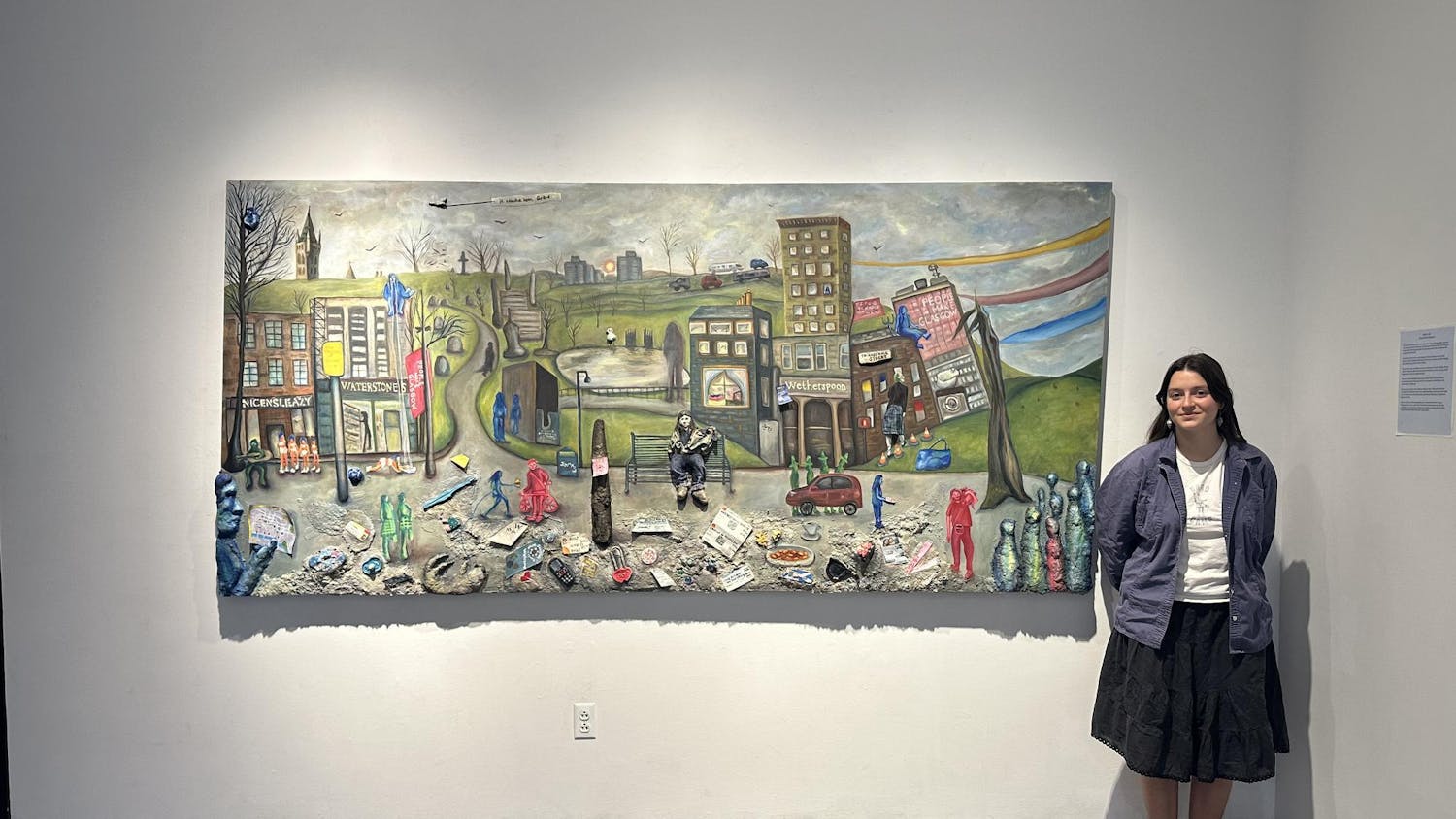"My Perestroika," a documentary that director Robin Hessman '94 described as an "unusual look of life behind the Iron Curtain," was featured in the 2010 Sundance Film Festival in Park City, Utah, at the end of January.
Hessman said the film follows the lives of five people who were childhood classmates growing up in Moscow "behind the Iron Curtain." By the time these five people graduated from college, the Soviet Union had collapsed and they needed to figure out how to live in a new society. "My Perestroika" portrays Soviet Russia from a personal point of view, as opposed to a political or sociological point of view, Hessman said.
Caroline Libresco, one of the festival's senior programmers, said they saw many documentary films about contemporary Russia during the selection process because 2009 marked the 20th anniversary of the fall of the Berlin Wall.
"There is much to say about the impact and interplay of the old communist and the new capitalist system on Russian life and society," Libresco said. "What makes ‘My Perestrokia' such a special film is that it examines that very dynamic in a deep, microcosmic way."
In addition to filming the five main characters' current lives, Hessman integrated their home movies from the 1970s and 80s. "My Perestroika" also includes shots of the Soviet propaganda that surrounded the characters during their childhood.
"Hessman's close relationship with her subjects is evident in their tremendous ease and candor in front of the camera," Libresco said. "All of these factors conspire to make it an exquisite and important film."
Hessman said she began research for the film in 2004, but has had a strong interest in Russia since her time at Brown. She began to work on the film after realizing that, despite the end of the Cold War, there are still many misconceptions about what life was truly like in the USSR.
After interviewing many people for the film, Hessman found a married couple who were childhood classmates. Hessman wanted to use the couple, Boris and Lyubov Meyerson, who both became history teachers, because she wanted to explore "what it's like for them to teach history today, compared to the history they learned in the Soviet Union when certain things were forbidden," she said.
What's more, both teach children born after the fall of the Soviet Union who lack "real comprehension of what the country was like when their parents grew up," Hessman said. After deciding to follow the Meyersons in her film, Hessman found three other of their former classmates: Olga Durikova, a single mother who rents billiard tables for a living; Andrei Yevgrafov, a businessman; and Ruslan Stupin, a punk musician.
Hessman's main goal in making the film was "to try to make people know life behind the Iron Curtain emotionally, rather than intellectually" and to understand "what our generation of Russians had gone through," she said.
Hessman has no familial ties to Russia, but became interested in the country "because they were the enemy," she said.
At Brown, Hessman concentrated in modern culture and media and Russian language and literature. She is grateful that Brown allowed her "to make her own path," she said.
She also said Brown's open curriculum made it possible for her to study abroad for a large portion of her undergraduate career. During the spring of her freshman year, she studied abroad in a language program in Leningrad during the city's last year with that name — the last year of the Soviet Union. Hessman continued to spend time abroad in Russia, spending only four semesters on campus at Brown.
"I'm grateful to Brown because any other school would've had too many distribution requirements to let me go away that much," she said.
While on campus, Hessman said, one of her most profound experiences was volunteering for and then working as an assistant to Richard Manning, a film archivist in the Department of Modern Culture and Media.
Hessman also took many film classes with Leslie Thornton, professor of modern culture and media studies, who has stayed in contact with her former student. Thornton said Hessman "was fierce in pursuing her goals. She was very focused, ambitious, effective, and passionate."
"Robin did something that I've never seen any other student do," Thornton said of Hessman's decision to enroll in film school in Moscow her junior year. "She knew the kind of experience she wanted and knew it wasn't going to happen on Brown's campus, so she did something much more dramatic."
ADVERTISEMENT




